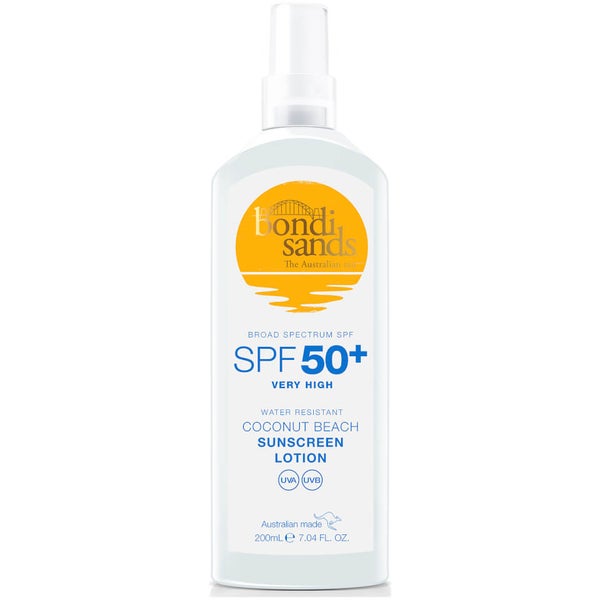
What is SPF? SPF stands for Sun Protection Factor. SPF is a measure of the amount of UVB radiation protection. Sunburn increases your risk of skin cancers so it is important to protect your skin. Your skin is your largest bodily organ so you should take care of it the way you would care for your other organs such as your heart.
There is no safe way to get a tan. A tan doesn’t protect you from the Sun’s harmful effects and you can burn even here in the UK on a cloudy, non summer day. Striking the balance between protecting yourself from the sun whilst also getting enough Vitamin D from sunlight is key.
What SPF should I use?
This is a question I get asked rather frequently. You should not only rely on your sunscreen to protect you from the sun. wear suitable clothing and don’t expose yourself to the sun when it is at its hottest (between 11am and 3pm).
When buying a sunscreen you should choose a protection factor of at least 30 to protect you from UVB. and pick a sunscreen which has a minimum of 4-star protection from UVA. If you want to read more about the different UV rays, you can check out my post here.
Also make sure your sunscreen is in date.
What are the SPF and Star Ratings?
As mentioned above, SPF is a measure of the UVB protection. SPF is rated on a scale of 2-50+ based on the level of protection they offer. 50+ being the strongest.
The star rating is related for the amount of UVA protection they offer. In the UK this rating goes up to 5 stars. The higher the star rating the better the UVA protection. When the letters UVA are displayed inside a circle this is a European marking which means the UVA protection is at least a third of the SPF protection and meets EU standards.
Sunscreens which contain both UVA and UVB protection are often referred to as broad spectrum.
When Should I wear it?
As a rule of thumb you should be wearing SPF daily as UV rays are capable of penetrating glass too. So if your desk is near a window or you drive to work for example you may be exposed to UV damage without even realising it. If you intend to be outside for anytime during the daylight you should probably be wearing SPF.
If you are using any active ingredients in your skincare routine especially vitamin A (retinols) or acids you should be regularly applying SPF in the day to best protect your skin.





